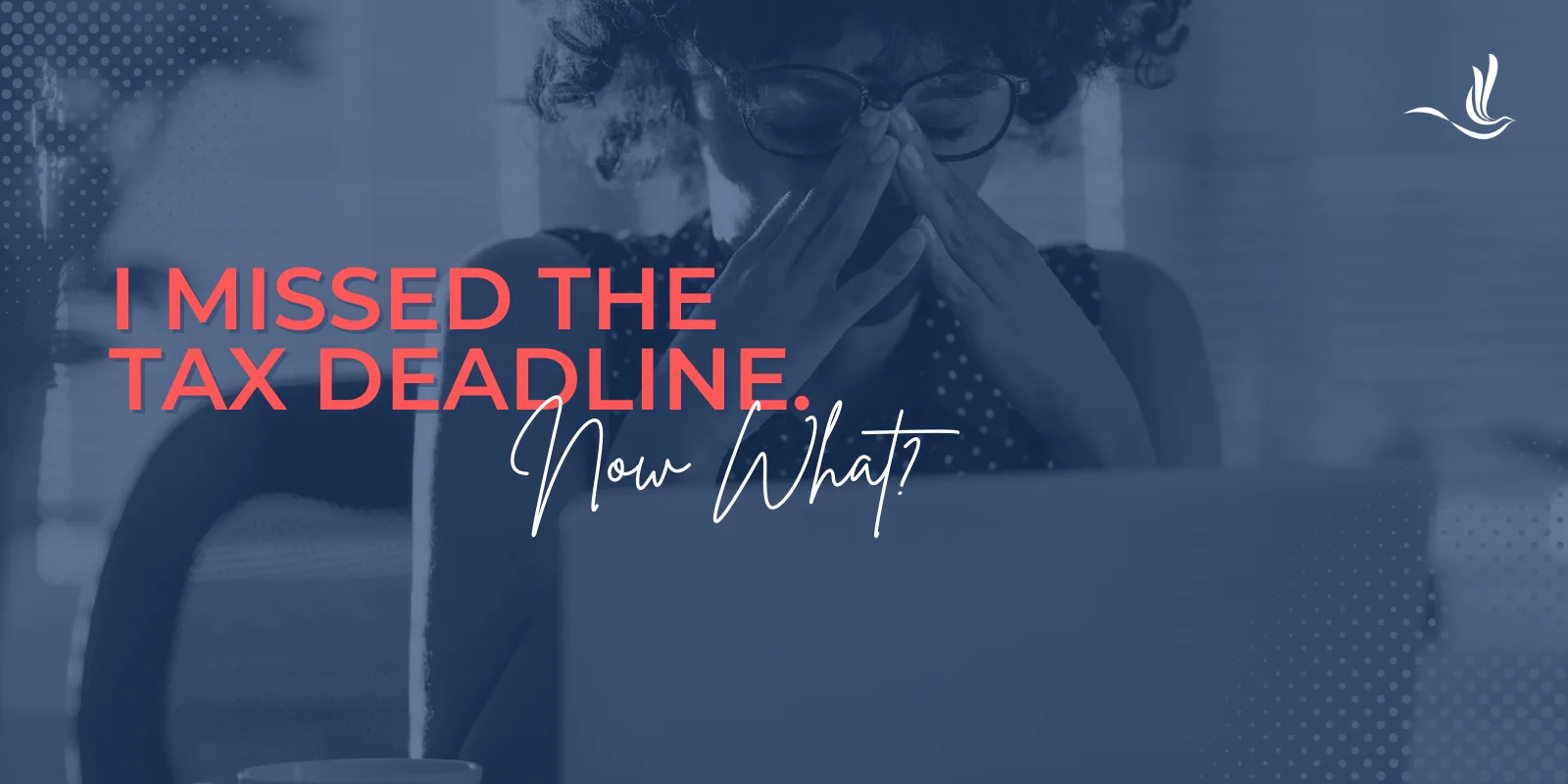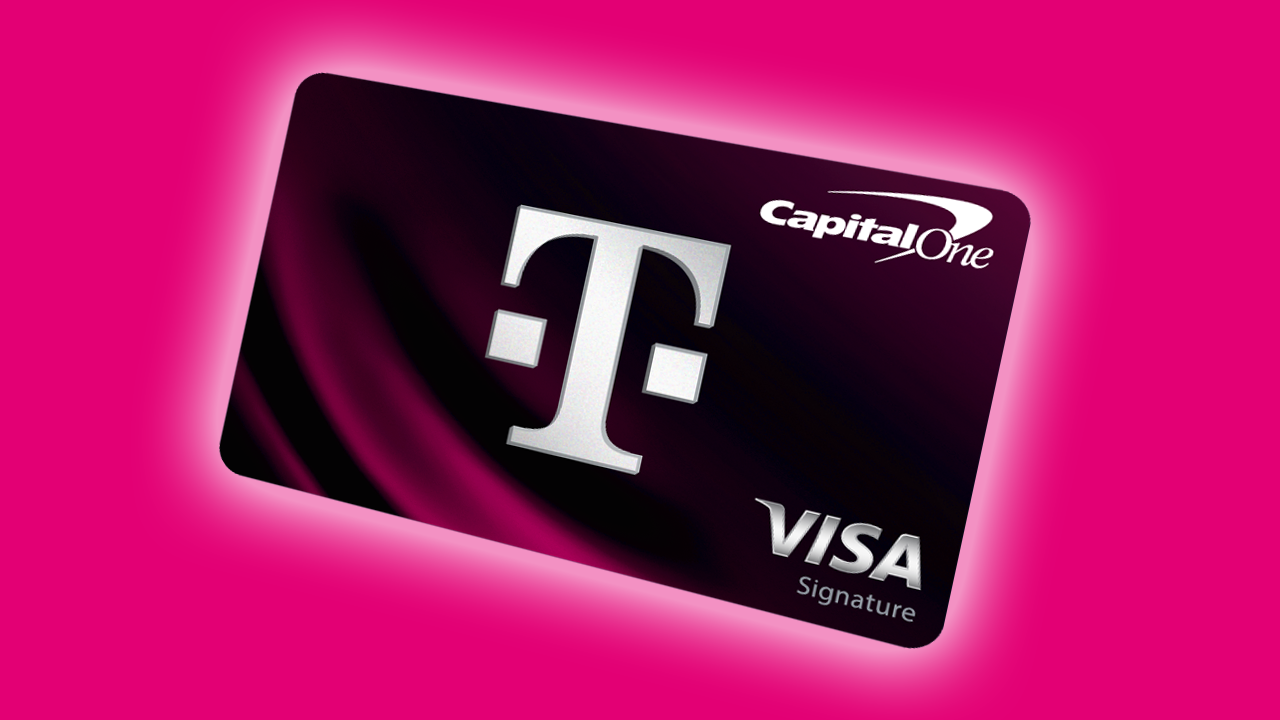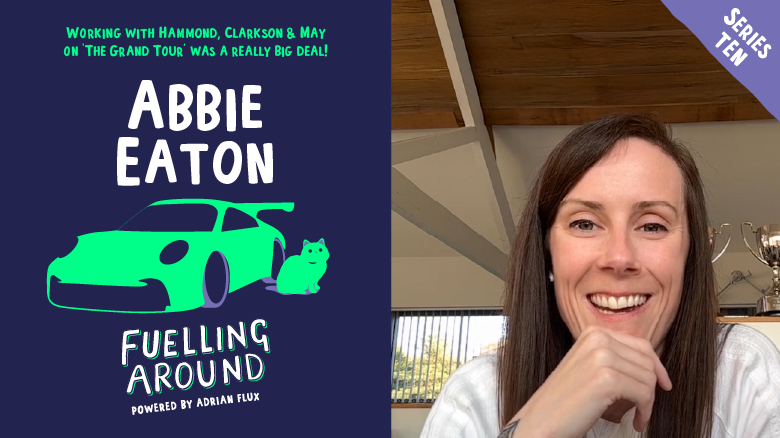Mortgage Q&A: “Can I mortgage a house that is paid off?”
When you own a home without any associated mortgages, it’s known as a “free and clear” property.
Some view this as a good thing, while others see mortgages as a good debt that doesn’t need to be paid off ahead of schedule (or ever).
Others argue that you shouldn’t take a mortgage into retirement, as you’ll be on a fixed income and it can be a large expense.
If you do happen to have a home that is completely paid off, you might be wondering if you can take out another mortgage. Let’s talk about it.
Yes, You Can Take Out a Mortgage on a Home That’s Free and Clear
Without getting too technical here, the short answer is yes.
If your property is free and clear of any debts or liens, you can take out a mortgage, assuming you qualify otherwise.
This means having the income, assets, employment and credit history to qualify for the loan.
In truth, it shouldn’t be much different than when you got your original loan. Though it would be considered a cash out refinance as opposed to a home purchase loan.
If you own your home outright and there are no existing loans associated with the property, taking out a new loan means tapping equity.
When you tap equity, it’s known as a cash out refinance because you’re taking what you already own and depositing it into your bank account.
The loan process is mostly the same as a purchase transaction minus a few details, like a purchase contract and a down payment.
And instead of taking out a loan to purchase the home, any amount borrowed would go into your pocket, less closing costs.
You would then get a fresh loan term, mortgage rate, monthly payment, and so on.
The Loan Would Be Considered a Cash Out Refinance
As noted, mortgaging a home with no outstanding liens would be treated as a cash out refinance.
Typically, cash out refinances are priced higher than other types of loans and there are more restrictions in terms of how much you can borrow (lower max LTV ratio).
Of course, if the home were completely paid off, chances are you’d have quite a big cushion to take out what you need without hitting that threshold.
Anyway, the word refinance essentially means to finance again and that’s exactly what you’re doing when taking out a loan on a paid-off home.
But it differs from a rate and term refinance, which pays off an existing home loan and results in a new one.
Let’s look at an example:
Say you’ve got a home worth $500,000 that was paid off in full a couple years ago.
Now imagine you need cash for some other expense, such as college tuition or even a different home purchase, perhaps a vacation or investment property.
If mortgage rates aren’t bad, you might consider borrowing from your paid-off home.
Often, a mortgage can be the cheapest option relative to other loan types, whether it’s a credit card, personal loan, etc.
And the lengthy loan terms associated with a mortgage also keep monthly payments low, assuming that’s a feature you’re looking for.
Let’s say you want/need $200,000. You could simply refinance your home, pull out that cash, and you’d now have a $200,000 mortgage on a home valued at $500,000.
You obtain the cash you need but must pay off a $200,000 loan via a corresponding monthly payment, perhaps for the next 30 years.
As a result of the new lien, your home is no longer paid off. And it might be some time until it is, again.
You’ve now got a monthly mortgage payment to make, which can be expensive, especially if you were used to living without one.
And most mortgages feature 30-year loan terms, so it could be with you for a while (though there are shorter terms available like the 15-year fixed and even the 10-year fixed).
Can I Get a Home Equity Loan on a Paid-Off House?
Now I laid out one possible scenario above. But a cash out refinance isn’t the only way to get home equity out of a paid-off house.
There are several alternatives to a cash out refinance, including a home equity loan or a home equity line of credit (HELOC).
While home equity products are typically second mortgages taken out while the homeowner still has their first mortgage, they can be standalone products too.
So it’s entirely possible to take out a HELOC on a home you own outright, borrow only what you need, then pay it back quickly. Then use the credit line again if need be.
Or take a smaller lump sum via a home equity loan and pay it off over a shorter loan term to reduce the interest expense.
The tradeoff with a shorter term is that the monthly payment is higher, but much less interest is paid. That can be a win, but could make it more difficult to qualify too.
Ultimately, you’ll need to determine which loan product offers the best pricing and aligns with your payoff goals.
I’ve already written extensively about cash out vs. home equity loans vs. HELOCs. So if you want a handy guide to compare the programs, be sure to check it out.
Other than that, there are also reverse mortgages for seniors, which don’t carry a monthly payment but reduce your sales proceeds if and when you sell.
And home equity sharing arrangements, which don’t carry a monthly payment at all. But you forgo future home price appreciation, which can be much costlier (I’m not a fan).
In summary, a paid-off home means you’ve got numerous options to choose from if you need to borrow money, whether it’s a refinance or a home equity line/loan.
Just know what you’re getting into and realize that you could be restarting the clock if your goal is to own a home without a mortgage!
(photo: Abhi)
Publisher: Source link


